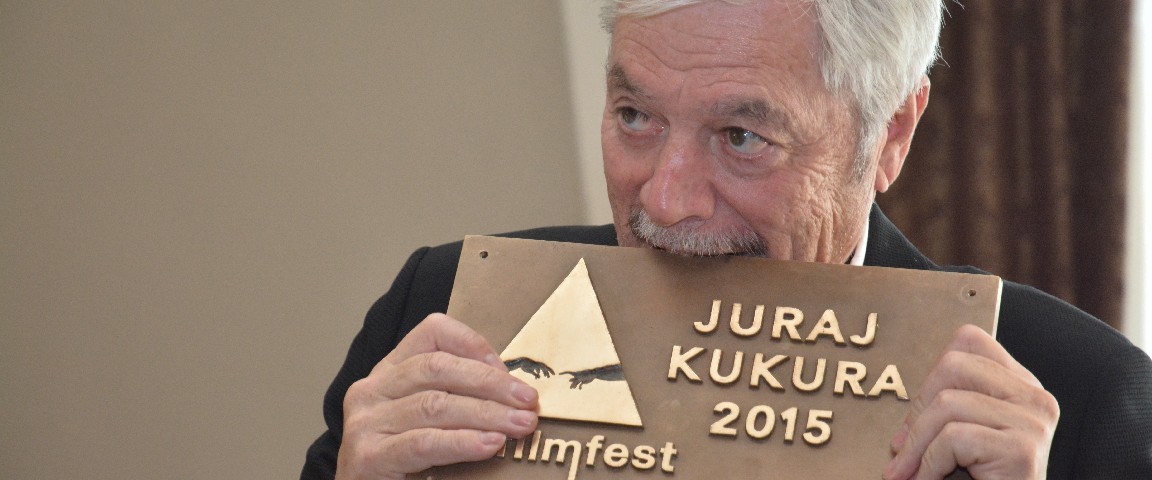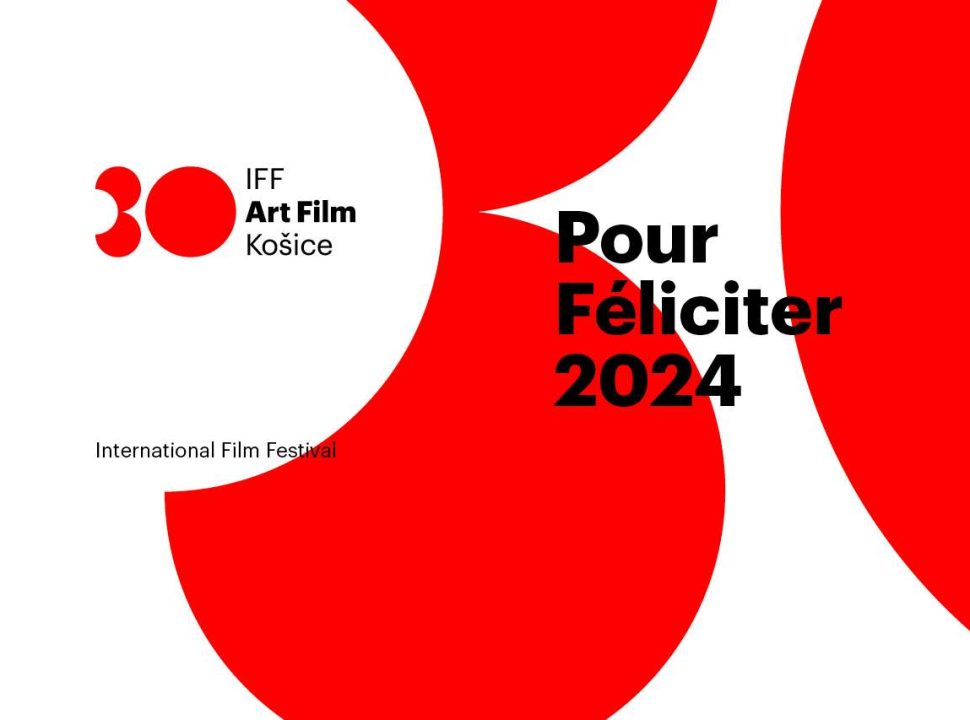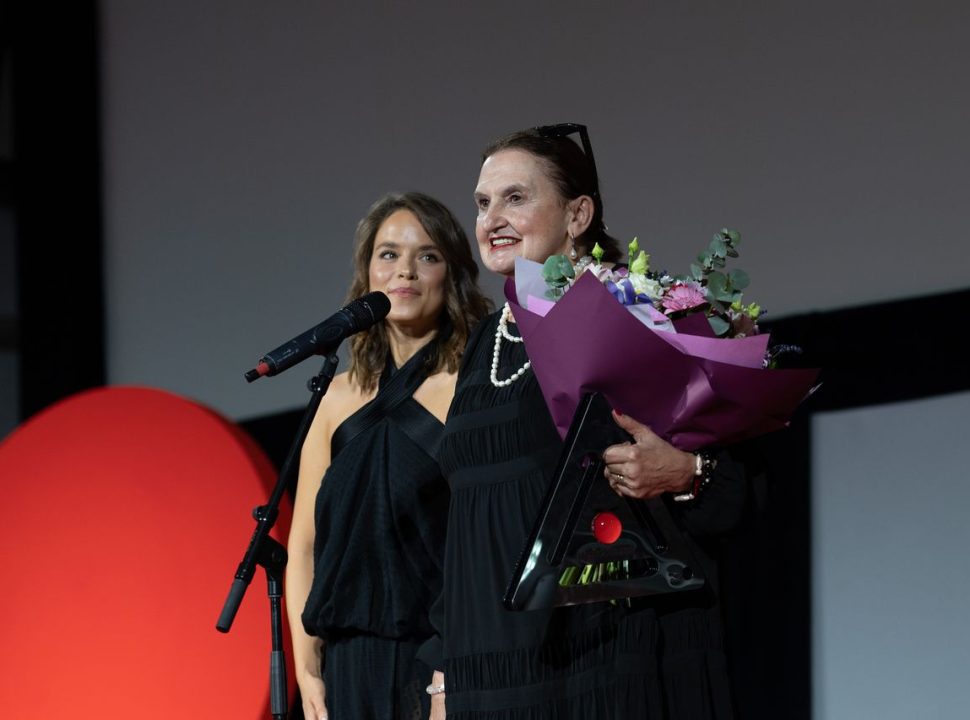If I get to kingdom come and meet everyone who’s won the Actor’s Mission Award, it’ll be a lovely bash. There are many of them I’d like to meet in person, says Juraj Kukura. He accepts the award himself this afternoon. Allegedly receiving the award is much nicer than not receiving it.
Aside from acting, recently onstage for the most part, you’ve run Bratislava’s Arena Theatre for 13 years now. At this point, are you more an actor or a manager?
Actor. Kukura is the role of a lifetime. Theatre is my hobby, and it’s thanks to it that I can be independent. I’ve tried to find another pastime, but nothing’s stuck.
What have you tried?
I’ve travelled through over 50 countries for film shoots. I’ve been to Borneo, Iceland, even Greenland. When I was in New Zealand for a shoot, I tried angling for 10 days at the best fishing grounds, but I didn’t catch a thing. When I was filming near a golf resort in Styria, I lost all desire to golf, too. And my car’s so fast that I don’t have to prove anything, so I can drive it nice and slow.
So that means you’ll stay true to the Actor’s Mission?
It’s all I know. What am I supposed to do, start knitting?
Perhaps you could educate people. Can’t artists influence society that way?
In my opinion art should broach issues, break taboos, provoke, oppose power, ask questions…but not educate. We’re about to kick off a new series at Arena Theatre – every fourth Thursday of the month, we’re going to screen a film as part of a programme called Loveliest Films of Our Life. And as a matter of principle, these screenings are specifically devised not to educate. I want it to be just as powerful a sociocultural event as theatre. I want to screen films that were still the stuff of dreams.
Is it different today?
I don’t like when the grown-up generation gets concerned with stuff like two young people hugging each other on a bench while looking at their mobiles. I don’t judge that. What gets me is that history doesn’t mean much in Slovakia. Our society is used to drawing a line under everything we think someone could reproach us for.
Why does that bother you?
Since what we consider anti-patriotic are things we could learn from. The Germans keep coming back to their role in the Holocaust and the crimes they committed. They don’t distance themselves from that; they want future generations to concern themselves with it, too.
How could this line-drawing habit be broken?
I try to do just that at Arena Theatre with the productions Tiso, Husák, Communism, Capital. And this despite the fact that there are 20 pictures from the socialist-realism era hanging in my office. Even though the Communists sentenced me to three-and-a-half years in prison, I’ve hung pictures from that time in my office, since they were painted by the best artists of the era. I’m against getting rid of such works of art and chucking them into the basement.




